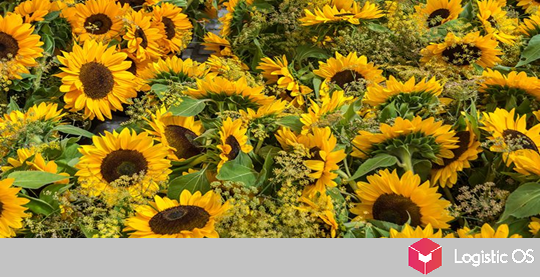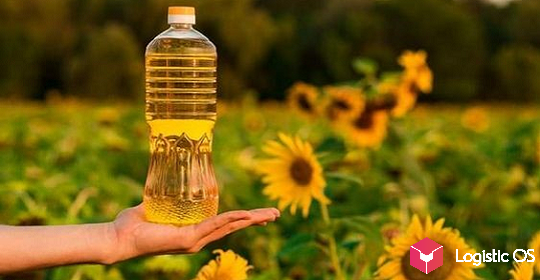In the near future, the national project to support exports, including agricultural products, may be extended in Russia.
It is emphasized that support measures will mainly apply to those who supply priority products to the markets of friendly countries.
Currently, the national project is already in effect, but its validity period is limited to 2025.
The updated version covers the time period from 2025 to 2030.
One of the important innovations contained in the new version of the project is the creation of an international export infrastructure, which is especially relevant today, during sanctions and reorientation to new markets.
Russian Prime Minister Mikhail Mishustin emphasized that one of the priorities should be the creation of a network of sustainable partnerships with other countries, the development of new markets, technological cooperation, as well as the creation of that very infrastructure.
The national project includes several specific support measures at once, which should be available to companies as early as next year.
Including preferential lending, insurance, support for the transportation of goods, certification and exhibitions.
The creation of export-oriented production facilities will be subsidized, as well as support for the exports that currently exist.
A separate topic is the creation and support of port projects and logistics hubs abroad, said the head of the Ministry of Industry and Trade Anton Alikhanov.
According to him, similar projects are already being implemented in a number of countries, including Uzbekistan and Kazakhstan.
In total, at least 13 such projects should be implemented by 2030. This is important to relieve the existing routes, many of which are currently operating at the limit of their capabilities.
The most important point is that the updated national project is aimed at ensuring that Russia increases non-resource, non-energy exports. It is planned that by 2030 it should grow to 21 trillion rubles, by 66% compared to the 2023 level.
As for food supplies abroad, they should more than double.
The fundamental point is that already now 90% of agricultural products are exported to friendly countries, and in the future this figure is planned to increase even more.
According to experts, the new conditions of the national project should significantly help farmers, who often face problems exporting their products.
In addition, special attention should be paid to improving payment systems and mechanisms, since this is a weak point of today’s Russian international trade.

